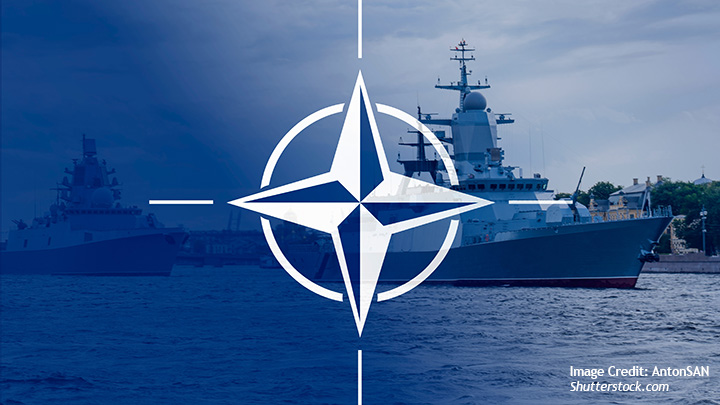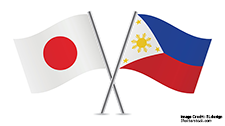NATO and Quad: a China threat vs. a cross-functional Euro-Atlantic and Indo-Pacific cooperation

Jagannath Panda
This paper investigates the evolving security dynamics posed by China’s rise under Xi Jinping, with a focus on its implications for NATO and the Quadrilateral Security Dialogue (Quad). As China expands its influence through military modernization, economic initiatives like the Belt and Road Initiative (BRI), and security frameworks such as the Global Development Initiative (GDI), it poses a multifaceted challenge to the liberal international order (LIO). The study examines how NATO and the Quad, representing Euro-Atlantic and Indo-Pacific interests respectively, are adapting to these threats, particularly in light of China’s growing partnerships with authoritarian regimes like Russia, Iran, and North Korea. The paper explores whether these two security mechanisms, despite their distinct regional focuses and operational structures, can establish a cooperative relationship to counterbalance China’s global ambitions. It contends that while China’s rise and its authoritarian alliances represent significant threats, the feasibility of a coordinated NATO-Quad response remains uncertain, necessitating further strategic alignment to safeguard international stability.




